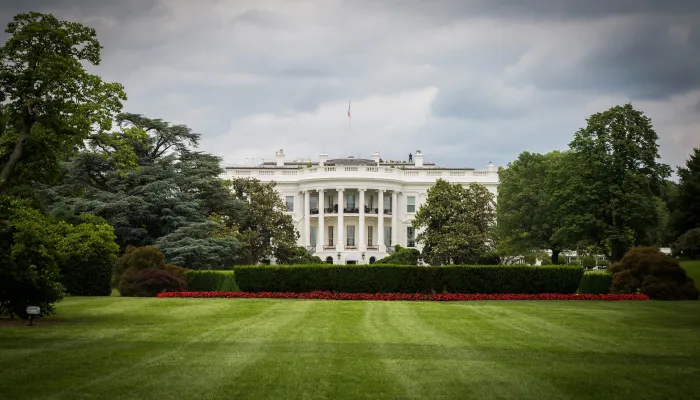Lawmakers Reintroduce Sustainable Budget Act
Lawmakers in both chambers of Congress recently reintroduced the Sustainable Budget Act, with Representatives Ed Case (D-HI) and Steve Womack (R-AR) leading introduction in the House of Representatives and Senators Cynthia Lummis (R-WY), Mike Braun (R-IN), Kevin Cramer (R-ND), and Mike Rounds (R-SD) introducing it in the Senate. The bill would create a fiscal commission aimed at proposing recommendations designed to improve our long-term fiscal outlook.
The Committee for a Responsible Federal Budget has written favorably about the proposal when it was introduced previously, including by Senator Lummis and Representatives Case and Womack. Below is an update to our 2021 piece on the 2021 version of the bill.
The Sustainable Budget Act would task a new National Commission on Fiscal Responsibility and Reform – the same name as the 2010 effort led by Committee for a Responsible Federal Budget board members Al Simpson and Erskine Bowles – with making recommendations about the long-term sustainability of the federal government's finances, including addressing the growth of entitlement spending and the gap between revenues and outlays. The commission would also propose ways to achieve primary balance in the federal budget over ten years, although the group could make recommendations that would improve the fiscal situation without necessarily meeting that goal.
The 18-member commission would consist of six presidential appointees (with limits on the number of appointees from the same party), three each from the leaders of both parties in the House and Senate, and two bipartisan co-chairs appointed by the President. The commission would have one year to reach a consensus on their recommendations, defined by 12 of the 18 members approving their report with at least four members of each political party.
If they meet that threshold, the commission's recommendations would receive fast-track consideration in both chambers of Congress, with a joint resolution containing the recommendations submitted within 60 days of the commission's report. The bill would guarantee consideration of the resolution by both chambers with no amendments, though the Senate's 60-vote threshold to end debate on the resolution would be preserved.
While the House and Senate bills are very similar, there are several notable differences between them related to procedure. For example, while both versions allow the President to appoint six commissioners, the House version would permit as many as four to be from the same political party, whereas the Senate version would set a limit of three commissioners from each party. Furthermore, while the President would submit the commission's proposal to Congress under the House version, the commission would submit the proposal to Congress directly under the Senate version and the President would separately transmit a special message to comment on the proposal.
Committee for a Responsible Federal Budget president Maya MacGuineas lauded the bill's introduction in both chambers:
"I applaud Representatives Case and Womack for their bipartisan collaboration in proposing the Sustainable Budget Act. This bill would establish a commission to facilitate productive dialogue across the aisle to achieve a more fiscally sound future for our country. We commend them for introducing this common-sense legislation to tackle our nation's long-term debt."
"Given the skyrocketing levels of federal debt, lawmakers are rightly concerned with our future budget outlook. The Sustainable Budget Act would create a bipartisan commission dedicated to improving our nation’s fiscal health. We thank Senator Lummis and the cosponsors, Senators Braun, Cramer, and Rounds, for introducing this legislation and their commitment to addressing our unsustainable fiscal path."
Case, Womack, Lummis, Braun, Cramer, and Rounds deserve praise for their leadership on this bill. Our unsustainable fiscal situation is only projected to deteriorate further over the coming years. Read more about other budget process reform ideas and proposals in our Better Budget Process Initiative.


